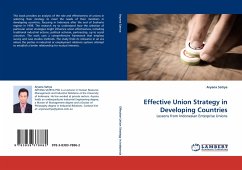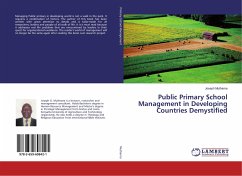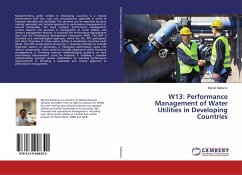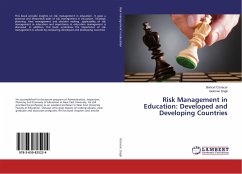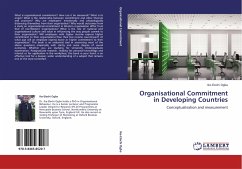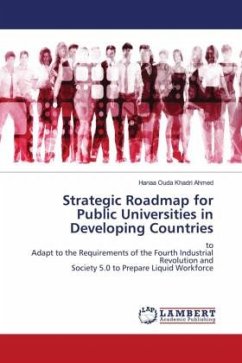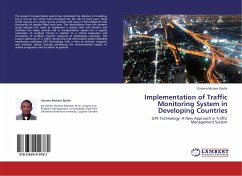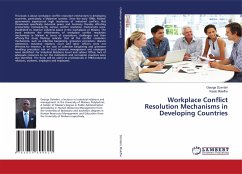This book provides an analysis of the role and effectiveness of unions in selecting their strategy to meet the needs of their members in developing countries, focusing in Indonesia after the end of Soeharto regime in 1998. The research try to understand how the selection of particular union strategies might influence union effectiveness, including traditional industrial actions, political activism, partnership, up to social unionism. The work uses a comprehensive framework that employs survey and case studies methods. The study finds its relevance in an era where the parties in industrial or employment relations systems attempt to establish a better relationship for mutual interests.
Bitte wählen Sie Ihr Anliegen aus.
Rechnungen
Retourenschein anfordern
Bestellstatus
Storno

